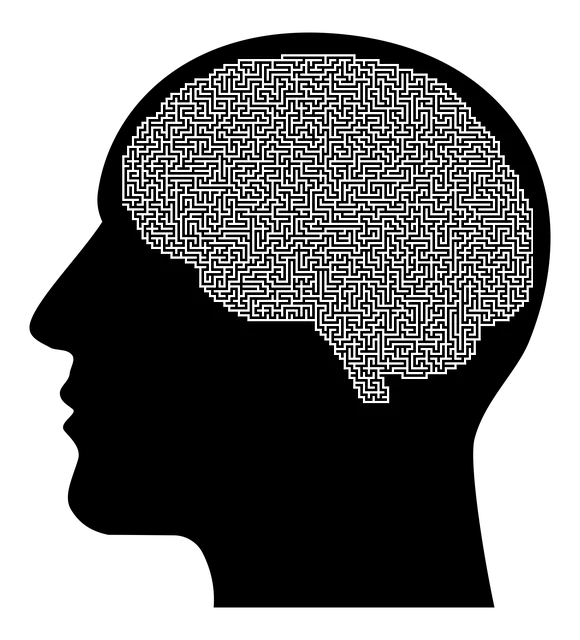Mental wellness journaling, gaining popularity at institutions like Littleton Kaiser Permanente psychiatry, is a structured practice of documenting thoughts and experiences for self-reflection and personal growth. It offers numerous benefits including mood tracking, trauma healing, improved sleep, and enhanced emotional awareness. Psychiatrists at Littleton Kaiser Permanente advocate creating personalized journals with prompts or quotes, encouraging mindfulness meditation before writing, and using them as safe spaces for reflection. This method is also recommended by Trauma Support Services professionals for gradual trauma processing, contributing to overall stress reduction and mental wellness improvement.
Unwind your mind and embark on a journey of self-discovery with mental wellness journaling. This powerful tool, backed by professionals at Littleton Kaiser Permanente psychiatry, offers a calm space for reflection and growth. Learn how journaling can enhance self-awareness, process emotions, and set achievable goals. From understanding its benefits to creating a personalized setup, this guide equips you with the skills to begin. Explore effective writing prompts and techniques to transform your mental wellness journey into a profound experience.
- Understanding Mental Wellness Journaling: Benefits and Goals
- Creating Your Journal: Tools and Setup for Effective Reflection
- Writing Prompts and Techniques for Deepening Self-Awareness
Understanding Mental Wellness Journaling: Benefits and Goals

Mental wellness journaling is a powerful tool for self-reflection and personal growth. It involves documenting thoughts, feelings, and experiences related to mental health in a structured yet private space. This practice has gained significant traction, even at institutions like Littleton Kaiser Permanente psychiatry, where professionals encourage its use as part of comprehensive mental health care. By putting pen to paper (or fingers to keyboard), individuals can explore their emotions, gain insights into their thought patterns, and develop strategies for managing stress and improving overall well-being.
The benefits are vast, offering a sense of clarity and self-awareness that can be missing in our fast-paced lives. Journaling allows individuals to track their moods, identify triggers for negative thoughts or behaviors, and practice mindfulness meditation through descriptive writing. It’s an effective way to process traumatic experiences, too, as it facilitates emotional release and healing. Moreover, regular journaling can enhance coping skills, improve sleep quality, boost self-esteem, and even support those engaged in mental health education programs design, including trauma support services.
Creating Your Journal: Tools and Setup for Effective Reflection

Creating your journal is a powerful first step towards prioritizing mental wellness. At Littleton Kaiser Permanente psychiatry, we encourage patients to set up a dedicated space for reflection and self-care. Start by choosing a journal that feels right—a physical notebook or a digital one, depending on your preference and accessibility. Personalize it with prompts or quotes that resonate with you, making each entry a safe haven for your thoughts.
Consider incorporating tools like Mindfulness Meditation techniques to enhance your journaling practice. Slow down and take notice of your breath before you begin to write. This mindful approach can help process emotions, especially when dealing with challenging experiences. Additionally, if you’ve experienced trauma, Trauma Support Services professionals suggest using your journal as a way to gradually face and work through past traumas, contributing to overall stress reduction methods and improved mental wellness.
Writing Prompts and Techniques for Deepening Self-Awareness

Journaling is a powerful tool for enhancing mental wellness and cultivating self-awareness, as advocated by psychiatry services like Littleton Kaiser Permanente. To make the most of this practice, individuals can employ various writing prompts and techniques. One effective approach is to start with open-ended questions that encourage reflection on emotions, thoughts, and experiences throughout the day. For instance, “What was the moment today that made me feel truly alive?” or “How did I respond to a challenging situation and what could I do differently next time?” These prompts help individuals identify patterns in their mental processes.
Additionally, incorporating specific themes like gratitude, mindfulness, or exploring past memories can deepen self-awareness. For example, writing about three things one is grateful for each day fosters positivity and encourages individuals to focus on the present moment. Engaging in free writing sessions, where thoughts are jotted down without censorship, allows the mind to wander and uncover hidden insights. Even using simple techniques like comparing current feelings with past experiences from a journal entry months ago can offer valuable perspectives, especially when seeking crisis intervention guidance or depression prevention strategies.
Mental wellness journaling is a powerful tool accessible to everyone, as advocated by professionals like those at Littleton Kaiser Permanente psychiatry. By incorporating this practice into your routine, you can gain profound insights into your thoughts and emotions, fostering improved self-awareness and mental well-being. The benefits are clear: enhanced coping mechanisms, better stress management, and increased resilience. Whether for personal growth or as a complementary therapy, mental wellness journaling encourages reflection, promotes healing, and empowers individuals to take an active role in nurturing their minds.






